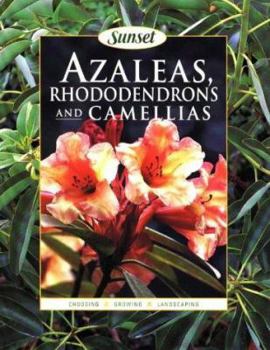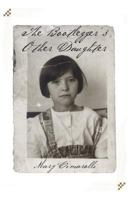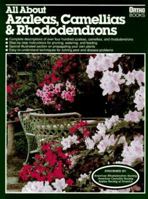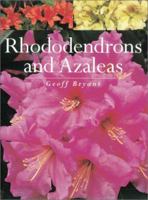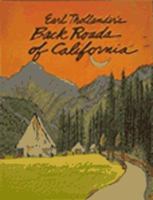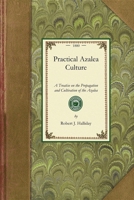Azaleas Rhododendrons Camellias
Select Format
Select Condition 
Book Overview
You Might Also Enjoy
Customer Reviews
Rated 4 starsA very worthwhile starter book for azaleas and camellias.
Thanks to this book, I have been able to grow many azaleas and some camellias, and they grow better than most others here. This book showed me the correct way to prune azaleas and when to do it. Because of this method, my azaleas filled out to large mounds that look like big drifts of color when they bloom. I had never grown azaleas or camellias before reading this book. I highly recommend it as a starter book for this subject...
1Report
Rated 4 starsgood intro guide
I like this book as an intro to rhodie, etc. It has some good growing tips and good info about pests/disease. I do wish it showed a photo of each variety, instead of selected varieties. I also wish it talked about free/inexpensive fertalizer (coffee grounds) and the like. It's a great starter book on the subject of rhodies.
1Report









